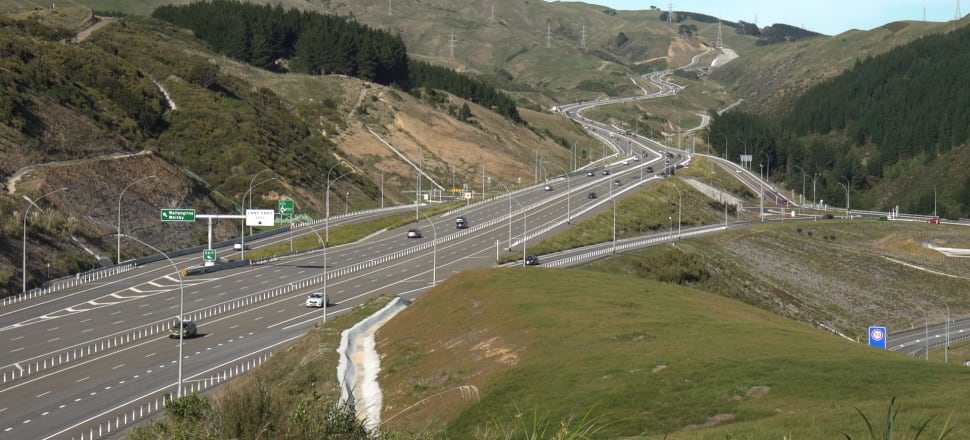
There are plenty of examples of big infrastructure projects going over time and over budget. The Detail looks at the complicated reasons why this seems to have become the norm.
It seems an inevitability: Aotearoa's big-ticket infrastructure projects going over-time and over-budget.
From Clyde Dam to Dunedin Hospital, via the Wellington Town Hall, Christchurch's Justice Precinct, Transmission Gully, the Waterview Tunnel, Christchurch's mooted stadium and many more besides, project after project has come in late – when they've come in at all – often with an extra zero or two added onto the price tag.
The reasons why are complicated.
When it comes to construction, for example, there are plenty of things that can't be controlled, explains Auckland University of Technology professor of construction management John Tookey.
Tookey points to the mid-2000s, when Chinese steel producers reduced their exports.
"China was retaining structural steel for the creation of various venues and infrastructure necessary for the delivery of the 2008 Olympics.
"Any builder here know that was coming?
"All of a sudden, without forewarning, the Chinese producers stopped exporting stuff, and all of a sudden the cost of structural steel went through the roof."
And, naturally, so too did building costs for projects using steel.
Something similar is happening now with other materials, like plasterboard. Building firms are going under because they can't get their hands on the product to complete jobs. And while big infrastructure projects cost a lot more money and take a lot more expertise than building a house, materials shortages affect progress – and cost – the same way.
Tookey says one of the issues here is how these projects are sold to ordinary people, who might baulk at the upfront cost without necessarily considering the decades of benefit society can get from big projects.
Governments and councils know they must get the electorate and ratepayers on-side, Tookey says, and therefore it's in their interest to sell the most optimistic view of the project possible, even if it's not feasible.
Compounding this, firms competing for a top-dollar contract may offer an unrealistically cheap price and timeframe to win a contract, because the value of the contract often supersedes the reputational damage and fines that result from not delivering on time.
Ultimately, Tookey says, infrastructure projects can be slow and costly and frustrating to track through their construction, but usually end up delivering in the long term.
"Cutting corners on the provision of infrastructure for the future doesn't ultimately lead to good outcomes. You end up with the flow-on effects of having to re-engineer the infrastructure down the track to cope with the additional capacity needs."
Find out how to listen and subscribe to The Detail here.
You can also stay up-to-date by liking us on Facebook or following us on Twitter.








